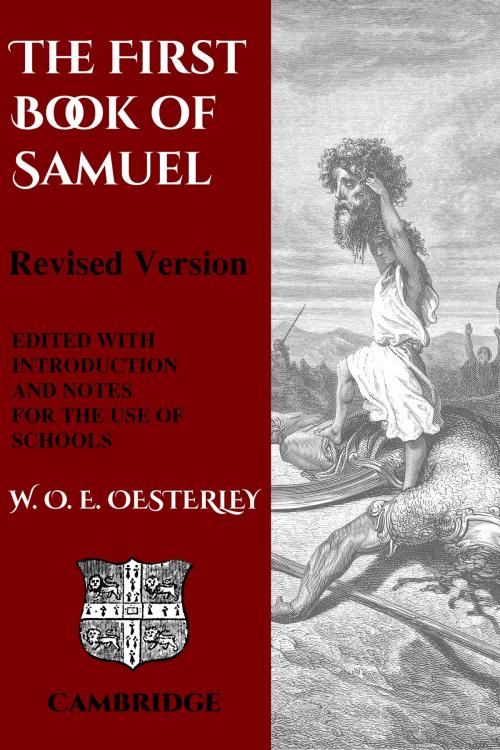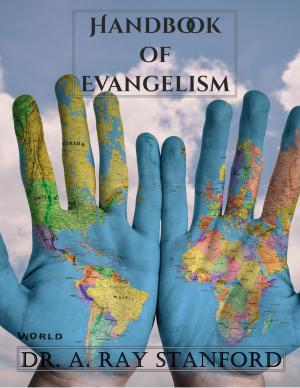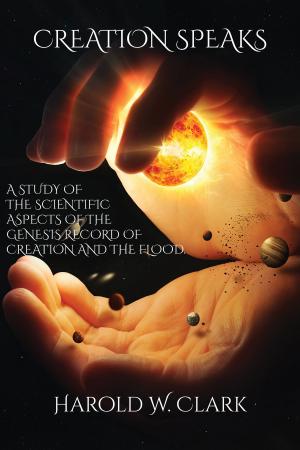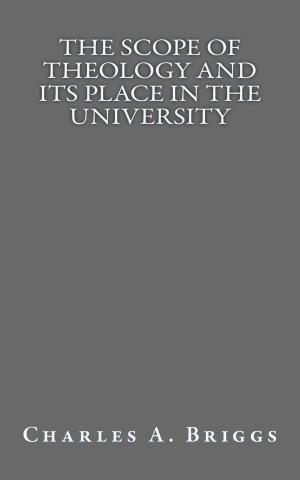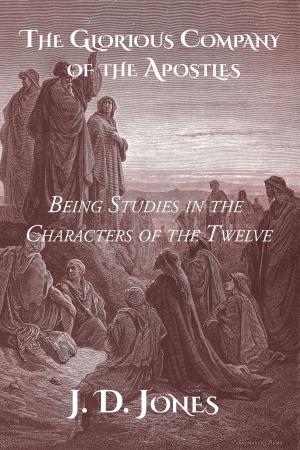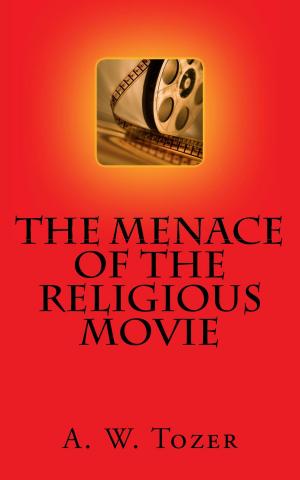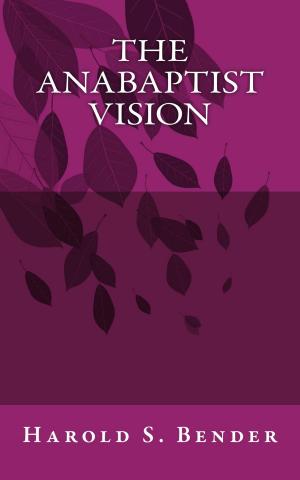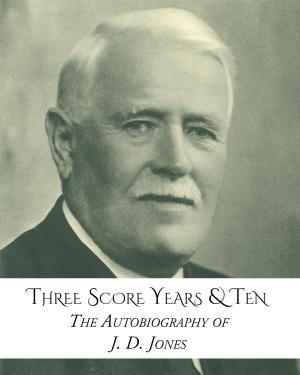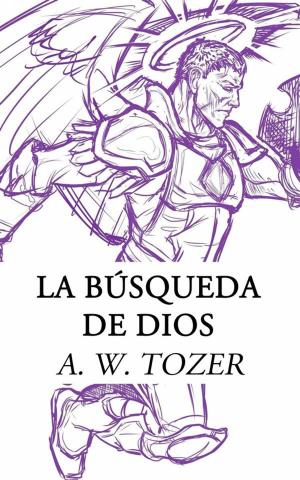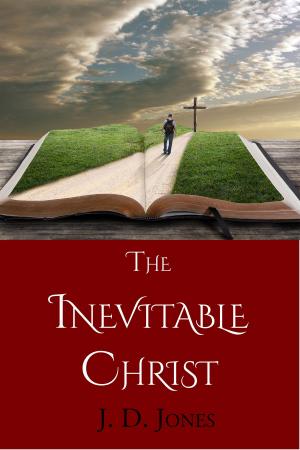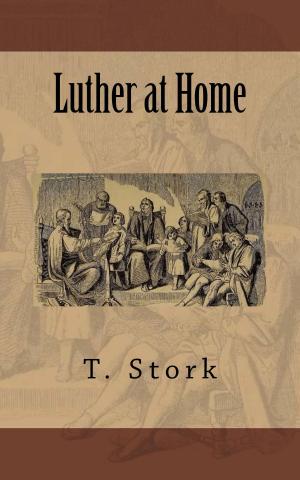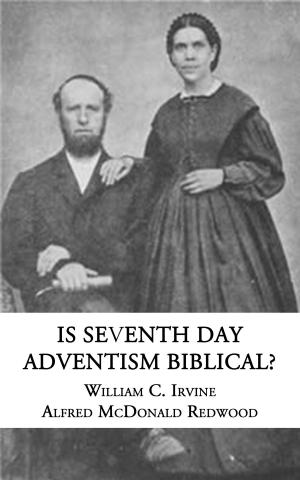| Author: | W. O. E. Oesterley | ISBN: | 1230001939446 |
| Publisher: | CrossReach Publications | Publication: | September 27, 2017 |
| Imprint: | Language: | English |
| Author: | W. O. E. Oesterley |
| ISBN: | 1230001939446 |
| Publisher: | CrossReach Publications |
| Publication: | September 27, 2017 |
| Imprint: | |
| Language: | English |
The aim of this series of commentaries is to explain the Revised Version for young students, and at the same time to present, in a simple form, the main results of the best scholarship of the day.
The General Editor has confined himself to supervision and suggestion. The writer is, in each case, responsible for the opinions expressed and for the treatment of particular passages.
A. H. McNeile.
The history in 1 and 2 Samuel is continuous, and the two books in the oldest known Hebrew manuscripts were one. In the LXX they are called the first and second ‘Books of the Kingdoms,’ 1 and 2 Kings being the third and the fourth. This title is appropriate because the four books present a continuous history of the monarchy. Although Samuel’s death is recorded in 1 Sam. 25:1, his name was attached to the first two books because he is the most important personage in the opening period. The book itself contains no hint that he wrote any part of it.
There are three main divisions in the Hebrew Bible, viz. the Law, the Prophets, and the Writings. The second of these is subdivided into two groups: (i) Joshua, Judges, Samuel, Kings, called the ‘Former Prophets’; (ii) Isaiah, Jeremiah, Ezekiel, and the Twelve Minor Prophets, called the ‘Latter Prophets.’ The inclusion of 1 Samuel among the ‘Prophets’ is important: the object of the compilers of the historical books was not merely to give a record of events; their purpose was a higher one; it was to teach religion. Just as the great prophets, Amos, Hosea, Isaiah, and the rest, regarded the events which they saw happening during their life-time as intended to bring about the fulfilment of Jehovah’s purposes, and utilized them to teach moral and spiritual truths to the people, so did the compilers of the historical books deal with the history of the past. They were dominated by the prophetic instinct; they read and taught history with the prophet’s spirit; to them the philosophy of history was religious philosophy. The position assigned to our book in the Hebrew Canon is, therefore, highly significant; for it indicates the way in which it must be understood if justice is to be done to the intention of the prophetic compilers.
The aim of this series of commentaries is to explain the Revised Version for young students, and at the same time to present, in a simple form, the main results of the best scholarship of the day.
The General Editor has confined himself to supervision and suggestion. The writer is, in each case, responsible for the opinions expressed and for the treatment of particular passages.
A. H. McNeile.
The history in 1 and 2 Samuel is continuous, and the two books in the oldest known Hebrew manuscripts were one. In the LXX they are called the first and second ‘Books of the Kingdoms,’ 1 and 2 Kings being the third and the fourth. This title is appropriate because the four books present a continuous history of the monarchy. Although Samuel’s death is recorded in 1 Sam. 25:1, his name was attached to the first two books because he is the most important personage in the opening period. The book itself contains no hint that he wrote any part of it.
There are three main divisions in the Hebrew Bible, viz. the Law, the Prophets, and the Writings. The second of these is subdivided into two groups: (i) Joshua, Judges, Samuel, Kings, called the ‘Former Prophets’; (ii) Isaiah, Jeremiah, Ezekiel, and the Twelve Minor Prophets, called the ‘Latter Prophets.’ The inclusion of 1 Samuel among the ‘Prophets’ is important: the object of the compilers of the historical books was not merely to give a record of events; their purpose was a higher one; it was to teach religion. Just as the great prophets, Amos, Hosea, Isaiah, and the rest, regarded the events which they saw happening during their life-time as intended to bring about the fulfilment of Jehovah’s purposes, and utilized them to teach moral and spiritual truths to the people, so did the compilers of the historical books deal with the history of the past. They were dominated by the prophetic instinct; they read and taught history with the prophet’s spirit; to them the philosophy of history was religious philosophy. The position assigned to our book in the Hebrew Canon is, therefore, highly significant; for it indicates the way in which it must be understood if justice is to be done to the intention of the prophetic compilers.
